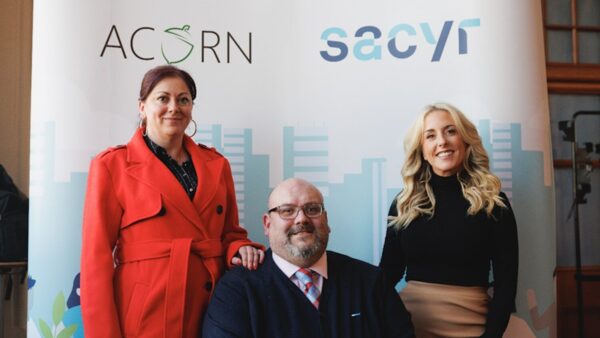
Experts have warned that modern slavery risks in the UK’s housebuilding sector “are poorly understood, underresearched and largely undocumented”, despite its significant contribution to the economy and the government’s new homes targets.
A study by researchers at King’s Business School, commissioned by the Director of Labour Market Enforcement and the Modern Slavery and Human Rights Policy and Evidence Centre, found that although housebuilding accounts for around 40% of UK construction output, it is often excluded or underrepresented in existing research on labour exploitation.
Of 67 documents reviewed, only 12 addressed housebuilding explicitly.
Study participants described barriers to enforcement and detection, including limited capacity for proactive inspections, delays between reporting, and investigation and safety concerns that deter staff from undertaking fieldwork.
Existing evidence on modern slavery in construction is predominantly concentrated in the south of England, particularly in London. There is a gap in research relating to risk outside of the London and South East region, in particular relating to the devolved nations.
The report calls for targeted investment in data collection, including worker-centred research, improved reporting pathways, and clearer enforcement protocols that can better address risks before they escalate into severe exploitation.
‘Difficult to assess the true scale of risk’
The report underscores the overlapping forms of labour exploitation present in the construction sector, from unpaid wages and health and safety breaches to more severe practices such as debt bondage and forced labour. These often occur together, particularly in environments where supply chains are long, opaque and poorly monitored.
There was also evidence of ‘bogus’ self-employment, where a worker is classified as self-employed but works under conditions that resemble direct employment, especially among migrant workers who may face language barriers, restricted rights or limited awareness of how to report abuse.
Dr Gabriela Gutierrez-Huerter O, senior lecturer in international management at King’s Business School, said: “Data generated by labour market enforcement agencies is often unpublished or not disaggregated by subsector, making it difficult to assess the true scale of risk within housebuilding.
“We found that while exploitation is widely acknowledged as a risk in construction, housebuilding has been under-researched. That blind spot limits the ability of government and industry to identify or prevent harm.”
Dr Furqan Suhail, postdoctoral researcher and the report’s co-author, said: “The review highlights serious gaps in understanding modern slavery in housebuilding. There is little quantitative data, and few studies include the experiences of affected workers.
“Most focus instead on organisational or industry responses. There is a real concern that the drive to ‘get Britain building’ is not being matched by adequate enforcement capacity. Modern slavery risk thrives where monitoring is weak and accountability unclear.”









